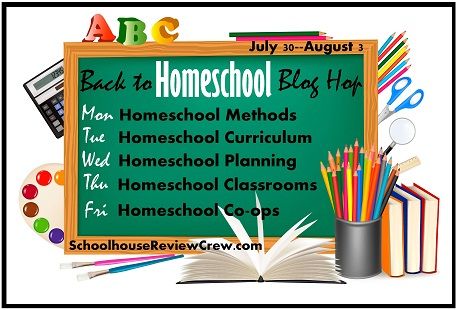I decided to homeschool many, many moons ago, before my oldest child was even ready for school. Ethan was about 2 years old when I realized homeschooling was a real thing. Prior to that I thought it was surely an illegal underground movement that my friends made up on their own. But I saw it working in their life and I was intrigued. Ethan was a smart little cookie and I imagined him being extremely bored in school. There were many more considerations that made homeschooling seem like the logical choice, but at the beginning, keeping him intellectually stimulated was probably top of my list.
Since then, my list has flipped upside down and I am now at the place where I can honestly say that I don't care if my son flips hamburgers for a living, as long as he is living for God and striving to glorify Him. I do believe that part of glorifying God means loving Him with all our minds and that looks different for everyone. For those that are able, it means avoiding sloppy thinking (hence the study of Logic) and seeking wisdom and knowledge. But back to the beginning of our homeschooling journey. I began talking to my step-mom, who was homeschooling my sister and she introduced me to a book called The Well-Trained Mind
I quickly decided that a Classical Education was the method for us and we spent most of our 10 years of homeschooling using that method and still use it as a framework. A classical education uses a pattern called the Trivium, which recognizes the 3 different learning stages of most students. The first four years (Grammar Stage) are the years when students are best able to memorize information and lay a foundation for learning. The next four years (Logic Stage) are the years when students begin to question why things work they way they do, why leaders behaved the way they did, and how the relationship between cause and effect really work. The last four years (Rhetoric Stage) are the years when students begin to express their own original (or so they think) original thoughts.
During these four year rotations, students use history as a framework for their lessons, which intertwine with each other. History is studied chronologically and begins with the Ancients, then the Middle Ages, then the Age of Exploration, and then Modern History. The pattern begins again with the Ancients in the Logic Stage, and again with the Ancients in the Rhetoric Stage.
I have never quite held to that framework, because the topic was generally too interesting to move through too quickly. We spent two years on the Ancients. We spent another two years on the Middle Ages. Ethan will have only finished two complete rotations, rather than three by the time he graduates.
A classical education is also heavily dependent upon good literature. However, this is not unique to a Classical Education. Somewhere along the way I learned about the ideas of Charlotte Mason and these methods have crept in and taken over a large portion of our learning. The book that changed my approach to learning was For the Children's Sake
I looked into Ambleside Online and discovered Charlotte Mason's original works available online for free. I was never quite brave enough to tackle using Ambleside's free education outlines until this year. Ethan will begin Ambleside's High School outline this fall. I did, however, try Living Books Curriculum's packages and they have been my favorite school years yet to date. I reviewed Grade 1's package here and Grade 5's package here. The only thing that has kept me from using Sheila Carroll's program exclusively is the many books we have accumulated through the years. I would feel too guilty buying more books rather than using the books we have. So instead, we create a hodge-podge of methods that incorporate classical and charlotte mason.
There are certainly more methods out there and narrowing down the possibilities is probably the most stressful part of becoming a homeschooling family, but after very careful research, these methods are without a doubt the absolute best fit for my family.
For more about Classical Learning, read Dorothy Sayers essay on The Lost Tools of Learning.
For more about Charlotte Mason's methods, read this brief synopsis.



3 comments:
The ability to tweak everything is one of the greatest blessings of homeschooling.
I look forward to reading about your Ambleside lessons. I've been looking over the website and really like the idea of it, but don't know if we could strictly adhere to it. That's why we're eclectic -- it sounds better than saying "fails to follow through with multiple methods." (Just kidding.)
I have a bad combination of Perfectionism and Rebellion. I want the lessons just so....reading and history to line up to the same year and such. But also, if a manual tells me I HAVE to do something a certain way, a little rebel inside me says, "Nu-UH!" and I end up tweaking everything. Someday, I want to sit down and just write my own curriculum so someone else can tweak it. :D
Post a Comment